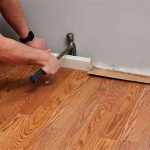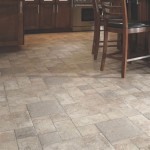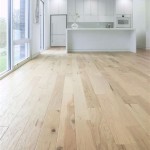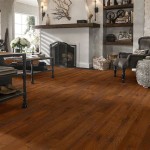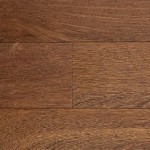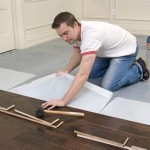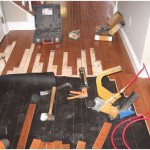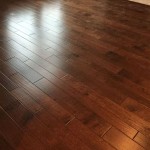Essential Considerations for Gym Flooring Options
Creating a safe, supportive, and durable workout environment is paramount in any gym or fitness facility. Choosing the right flooring is a crucial aspect of this process, as it plays a significant role in injury prevention, performance enhancement, and overall user satisfaction.
The selection of gym flooring options is vast, each with its unique characteristics and advantages. Navigating this landscape can be overwhelming, but understanding the essential factors to consider will guide you towards the ideal choice for your specific needs.
1. Impact Absorption and Safety
A primary function of gym flooring is to absorb impact and protect users from injuries. Flooring options with high impact absorption properties help reduce the risk of joint pain, muscle strain, and other musculoskeletal issues. For high-impact activities such as weightlifting, plyometrics, and martial arts, it is crucial to select flooring that can effectively mitigate shock and vibration.
2. Durability and Longevity
Gyms are subject to heavy foot traffic and strenuous use, making durability a critical factor in flooring selection. Flooring materials should withstand repeated impacts, abrasion, and moisture without showing signs of wear or damage. Look for flooring options that are designed to endure the rigors of a gym environment and provide long-lasting performance.
3. Traction and Slip Resistance
Safety is paramount in any fitness space, and traction plays a vital role in preventing slips and falls. Gym flooring should provide sufficient friction to ensure secure footing, even in wet or sweaty conditions. Materials with anti-slip properties, such as rubber or textured surfaces, are highly recommended for areas where moisture is present.
4. Comfort and Ergonomics
Exercise and fitness should be comfortable experiences. Flooring can contribute to user comfort by providing a supportive surface that reduces fatigue and enhances performance. Cushioned flooring, such as interlocking rubber tiles, can absorb impact while providing added comfort for extended periods of standing or exercising.
5. Sound Absorption and Noise Reduction
In multi-level or shared spaces, sound reduction is an important consideration. Gym flooring can help dampen noise levels and minimize vibrations, creating a more pleasant and focused workout atmosphere. Materials with sound absorption properties, such as foam underlays or acoustic tiles, can effectively reduce noise transmission.
6. Maintenance and Cleanliness
Gym flooring should be easy to clean and maintain to ensure hygiene and prevent the spread of bacteria. Non-porous materials, such as vinyl or rubber, are resistant to moisture and dirt, making them easy to clean and disinfect. Flooring options with a smooth surface or sealed seams can further enhance cleanliness.
7. Aesthetics and Design
While functionality is essential, the aesthetic appeal of gym flooring should not be overlooked. Flooring options come in a wide range of colors, patterns, and finishes, allowing you to customize the look of your gym and create a visually stimulating environment that motivates users.
Conclusion
Choosing the right gym flooring is a meticulous process that requires careful consideration of your specific needs and usage patterns. By understanding the essential factors discussed above, you can make an informed decision that will enhance the safety, performance, and overall user experience of your gym or fitness facility.

How To Choose Home Gym Flooring Garage

Best Gym Flooring Options For Your Home 2024

Best Types Of Flooring For A Home Gym Forbes

The Best Home Gym Flooring Options 2024 Garage Reviews

How To Choose Gym Flooring An Cuong

Best Home Gym Workout Room Flooring Options Sebring Design Build At

Comparing Foam Pvc Carpet Gym Flooring Materials

Gym Flooring Options For All Those Diffe Gyms Out There Things

Home Commercial Weight Room Gym Flooring Ideas Rolls Tiles Mats

6 Of The Best Home Gym Flooring Surfaces To Workout On Sprung
Related Posts

